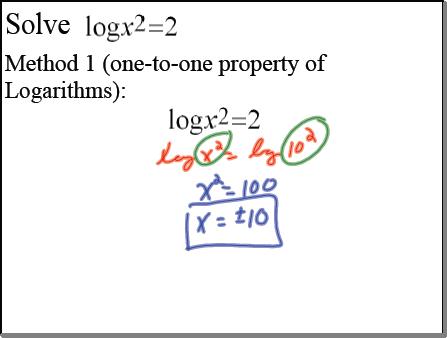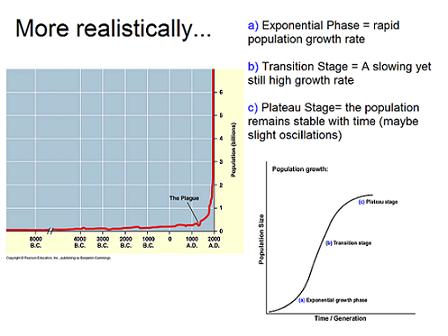Reading and Writing Technology
Two skills have repeatedly served me well throughout school and startups: reading and writing.
While this may seem obvious at first, I think too many people take these skills for granted. The high tolerance of mediocre writing, and a growing reading deficit among college students in particular, is a dangerous signal if we wish to have a truly competent and educated workforce. Writing and reading well takes consistent effort with feedback. Thus, I’m always excited when I see people building tools to help make people read and write better.
Luckily, I’ve discovered three impressive tools in the past few months:
- 750 Words
- Write 750 words every day, unfiltered and unedited. Just get the words out of your head and onto the screen.
- Hemingway
- Useful for instantly identifying common grammar mistakes. It’s like having an english teacher peaking right over your shoulder.
- Spritz
- Just as sprinting is to running, spritz is to reading. Read and retain more on the go.
After using these tools you will notice that they are all simple and immediately useful. Common hindrances in technology products such as on-off switches, complicated user-interfaces, instruction manuals, etc. are not found with any of these. Instead they all follow the 0123 design architecture. Again, any user can derive value from these products immediately.
Of course the heavyweights in terms of new reading and writing technology include the Amazon Kindle, tablets, and audio books. These innovations alone have helped to expand the minds of millions of people, while also helping us retain vast digital libraries. But I think it’s important to note that we are lucky to see even more reading and writing tools developed on the Internet, and they are allowing us to practice our literacy skills in ways that we could’ve only dreamed of a decade ago.


